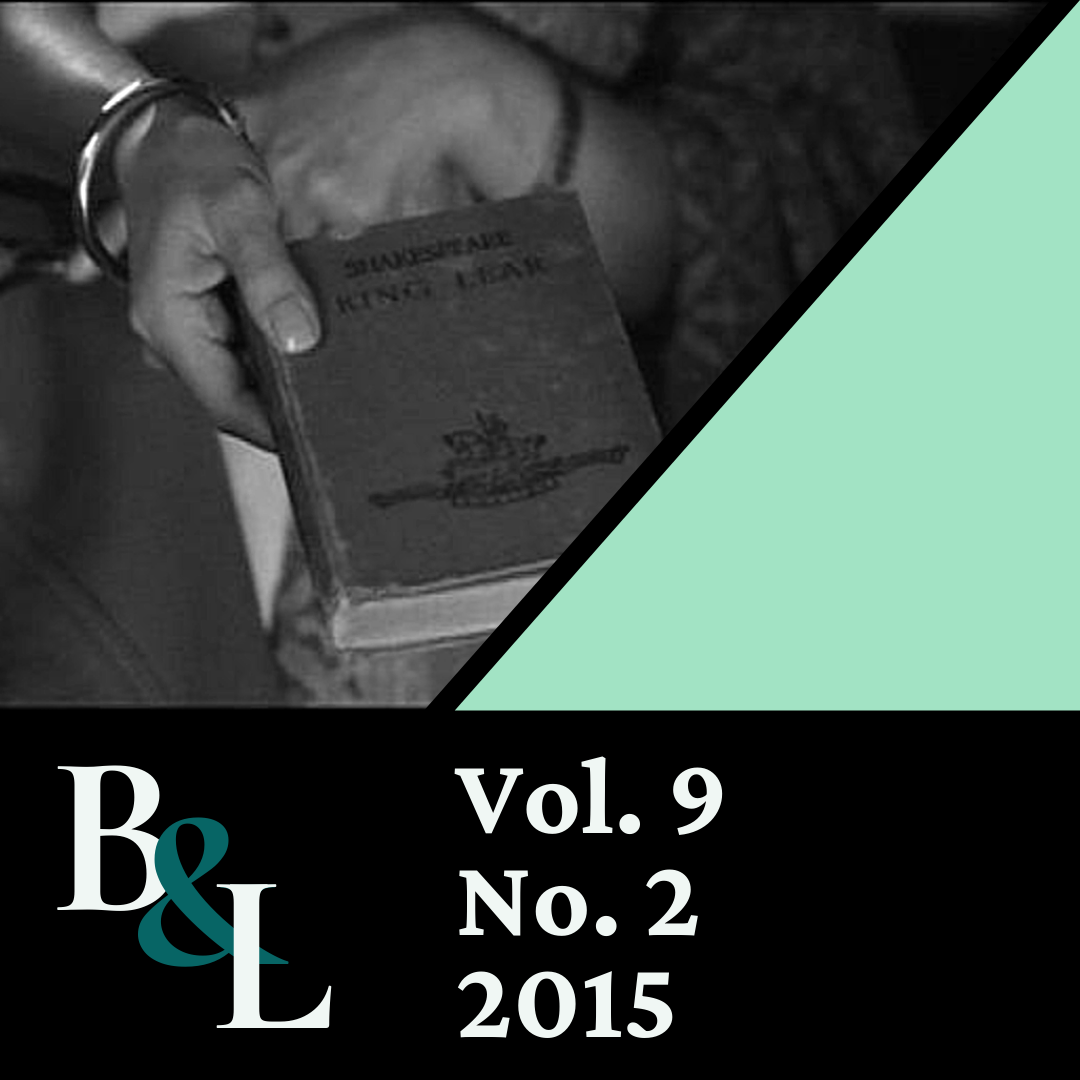Shakespeare and the Cultural Olympiad
Contesting Gender and the British Nation in the BBC's The Hollow Crown
Abstract
As part of the 2012 Cultural Olympiad celebrating both the Queen's Diamond Jubilee and the London Olympics, the BBC launched a season of programs, entitled Shakespeare Unlocked, most notably presenting the plays of the second tetralogy in four feature-length adaptations released under the unifying title The Hollow Crown. These plays so obviously engaged with the question of English nationalism suited a year in which the United Kingdom wrestled with British identity in a post-colonial and post-Great Recession world. Through its adaptative and filmic vocabularies, however, The Hollow Crown advances a British nationalism unresponsive to the casualties — often women and ethnic minorities — incurred over the course of Britain's self-formation and acts of self-defining. While the adaptation of Richard II strives to preserve a complex understanding of woman's role in British history, both parts of Henry IV and Henry V sacrifice such depiction to the manifest destiny of Henry V's apotheosis. The Hollow Crown admits little room for questioning a construction of British nationalism as essentially white, male, and validated by the cultural iconicity of Shakespeare's canon.


